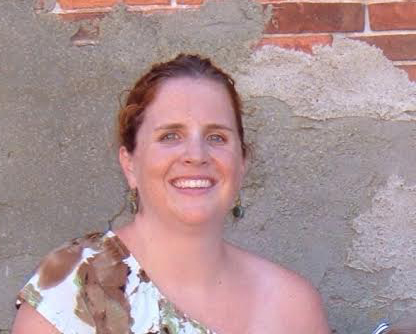
Administrators have a unique vantage point to observe policy changes, and how they impact students and teachers alike. Tara Walsh, the dean of students at North Kingstown High School, has seen first hand how an emphasis on high stakes testing has changed the high school landscape.
“For sure policy changes dictate directly how we talk to students about this plans for their futures especially, now with high stakes testing here in Rhode Island,” Walsh said in an interview with RI Future.
Walsh now spend her days disciplining North Kingstown’s 9th and 11th graders, but she was once a special education teacher.
“I worked with students that are cognitively delayed, there’s educational gaps. Now that they have to meet a certain standard on a test, they can fall behind for various reasons – social/emotional, academic. They’re behind the 8 ball when they get to high school. They don’t have the foundation information for these high stakes tests and they’re at a disadvantage to the point where they may not graduate high school with a diploma.”
Walsh went onto explain the repercussions for students that do not achieve proficiency the first time around. She said, “If you don’t achieve proficiency on your NECAP, you have to go into remediation after your junior year so it could ultimately affect classes they could take – like electives — because they have to take remediation to show growth in their testing.”
Testing isn’t the only thing limiting the options available to the students of North Kingstown – another being budget limitations. “When budgets are set, positions are redistributed,” she said, going on to describe the subsequent of the shift away from elective classes towards core academic classes.
She went onto express concern for students that aren’t on the “traditional” track.
“We’ve cut a lot of resources for children who don’t necessarily learn in a four wall academic building, we don’t have a strong vocational program and I feel there’s a detriment to students who aren’t college bound students,” she said. “We need to help provide them with an education that will help them down the road.”
See the previous posts in this series here:

